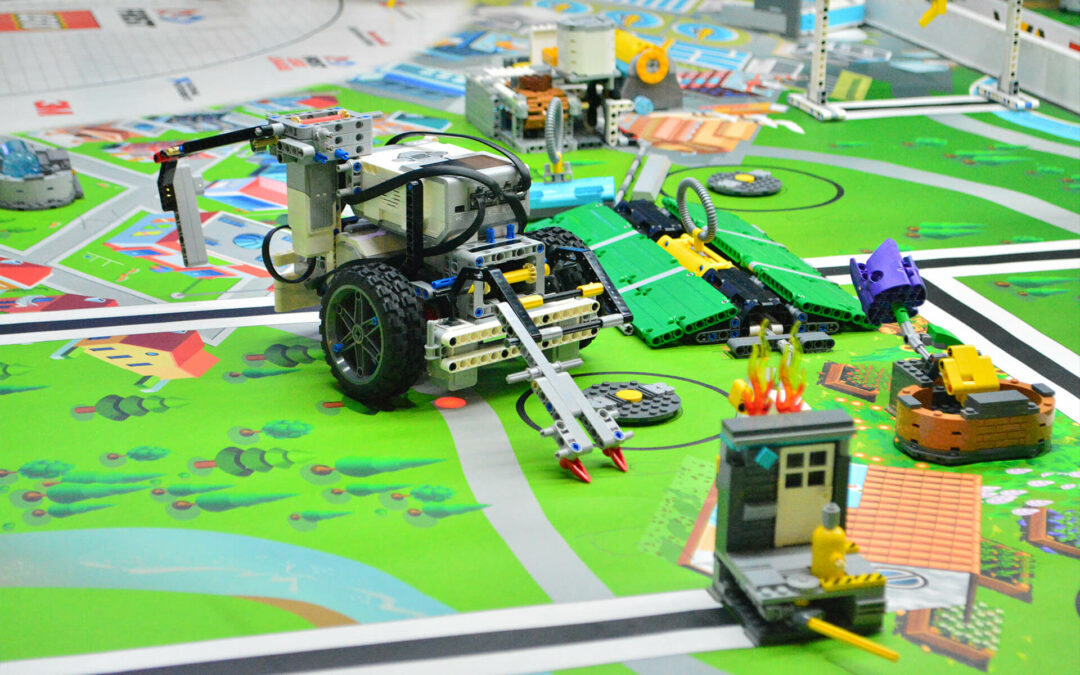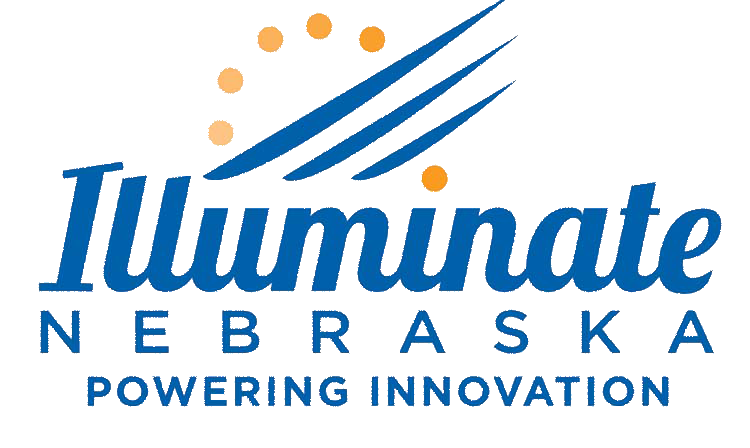
by denonfeagin | July 17, 2024
3 Levels of I/O Logic Machine | Digital Logic Machine/digital logic provides a systematic and logical way to program robots to perform tasks. Digital logic enables the creation of precise, complex, and automated systems that are capable of executing actions with high...

by denonfeagin | July 17, 2024
Sourcing Components Open Source Community The open source community in robotics is a group of people and organizations who collaborate to create and share free and open source software, hardware, and knowledge for robotics. Their goal is to make robotics technology...

by denonfeagin | July 17, 2024
Motion PWM | Motor Control PWM (Pulse Width Modulation) is a technique used to control the speed of a motor or the intensity of an electronic device. In PWM, a signal with a fixed frequency is generated, and the duty cycle of the signal is varied to achieve the...

by denonfeagin | July 15, 2024
Engineering Process | Project Management Engineering Notebook Design Coming Soon! Build for Iterations Build for iterations is an approach in engineering process/project management where a product or project is designed, developed and tested in multiple iterations....

by denonfeagin | July 15, 2024
Automation Sequential Processing Sequential processing refers to a method of organizing and executing tasks in a specific order or sequence. By breaking down a complex process into a series of smaller, more manageable steps, sequential processing allows for greater...






